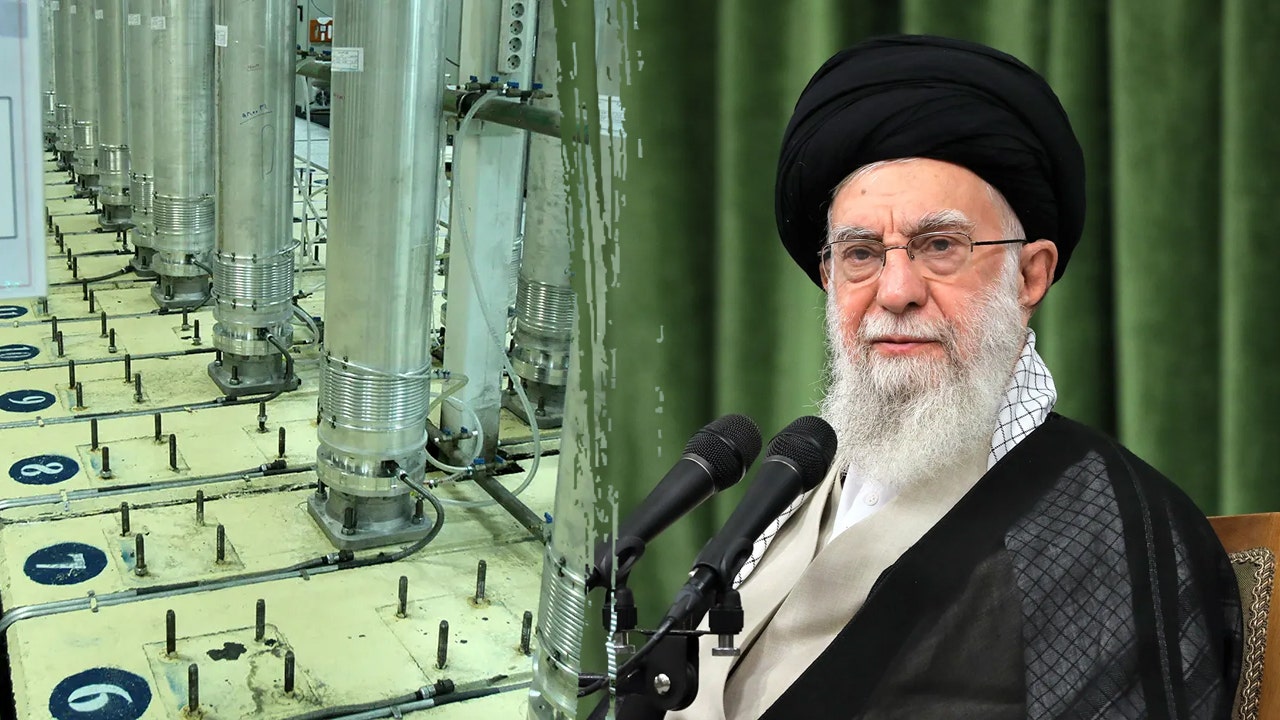UN watchdog warns time to ‘maneuver’ on Iran’s nuclear program is shrinking: report

The head of the United Nations nuclear watchdog, Rafael Grossi, issued a warning this week that the window for a diplomatic solution to halt Iran’s nuclear development was beginning to “shrink.” In an urgent message delivered at the COP29 climate summit in Baku, Grossi emphasized the need for the Iranian administration to understand the increasing tensions on the international stage and the diminishing room for diplomatic maneuvering.
Grossi’s remarks came ahead of his trip to Tehran for high-level meetings with Iranian government officials. These meetings were set to focus on technical discussions related to Iran’s agreement under a March 2023 Joint Statement to comply with International Atomic Energy Agency (IAEA) safeguard parameters. Grossi stressed the importance of making substantive progress in the implementation of the Joint Statement during his visit to Tehran.
As part of its safeguard duties, the IAEA is permitted to inspect all nuclear sites in Iran. However, Grossi expressed the need for increased visibility into Iran’s nuclear program, especially given its size, depth, and ambition. He highlighted concerns about traces of uranium found at undeclared sites and called for more transparency from Iran on these issues.
The concerns over Iran’s nuclear program have been heightened since the U.S. withdrew from the Joint Comprehensive Plan of Action (JCPOA) in 2018. Despite IAEA assurances that Iran was not in violation of its nuclear agreements, Iran has increased its stockpiles of highly enriched uranium metals to 60% purity levels, approaching weapons-grade uranium levels.
Grossi’s trip to Tehran comes at a crucial time for geopolitical relations, with the impending return of President Trump to the Oval Office in January. Trump has been a vocal critic of the JCPOA and took the U.S. out of the agreement during his first term. The other international co-signatories have urged Iran to continue adhering to the JCPOA, but tensions have escalated in recent years.
Behnam Ben Taleblu, an Iran expert, suggested that moving past the Biden administration’s efforts to restore the nuclear deal and focusing on nuclear deterrence may be the best way to address Iran’s nuclear ambitions. He emphasized the need for the incoming Trump administration to confront the Islamic Republic and prevent it from reaching nuclear weaponization.
Despite the challenges posed by the tense geopolitical environment, Grossi expressed confidence in working with another Trump administration, citing their previous successful collaboration. As tensions continue to rise in the region, finding diplomatic solutions to address Iran’s nuclear program remains a top priority for the international community.




